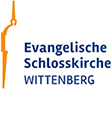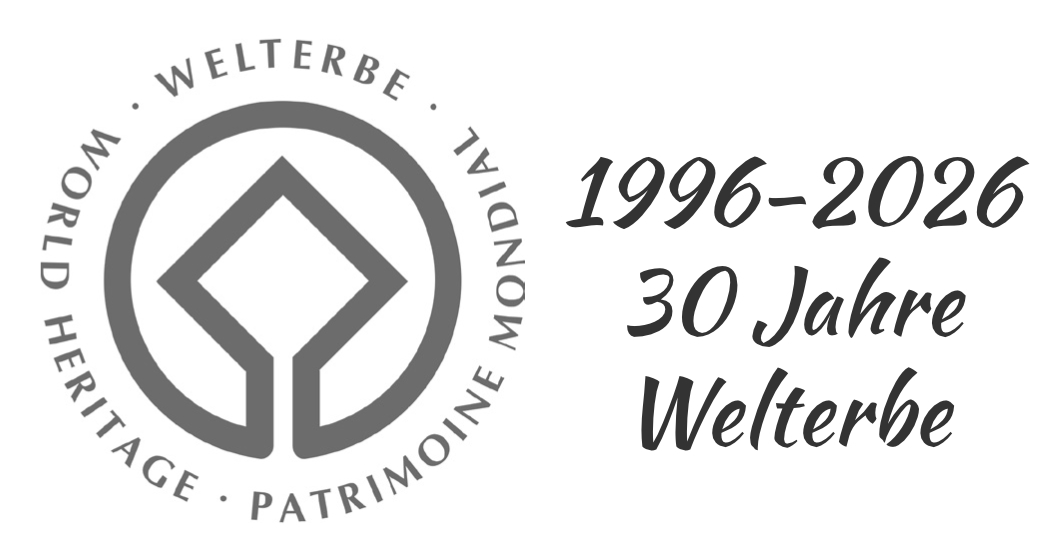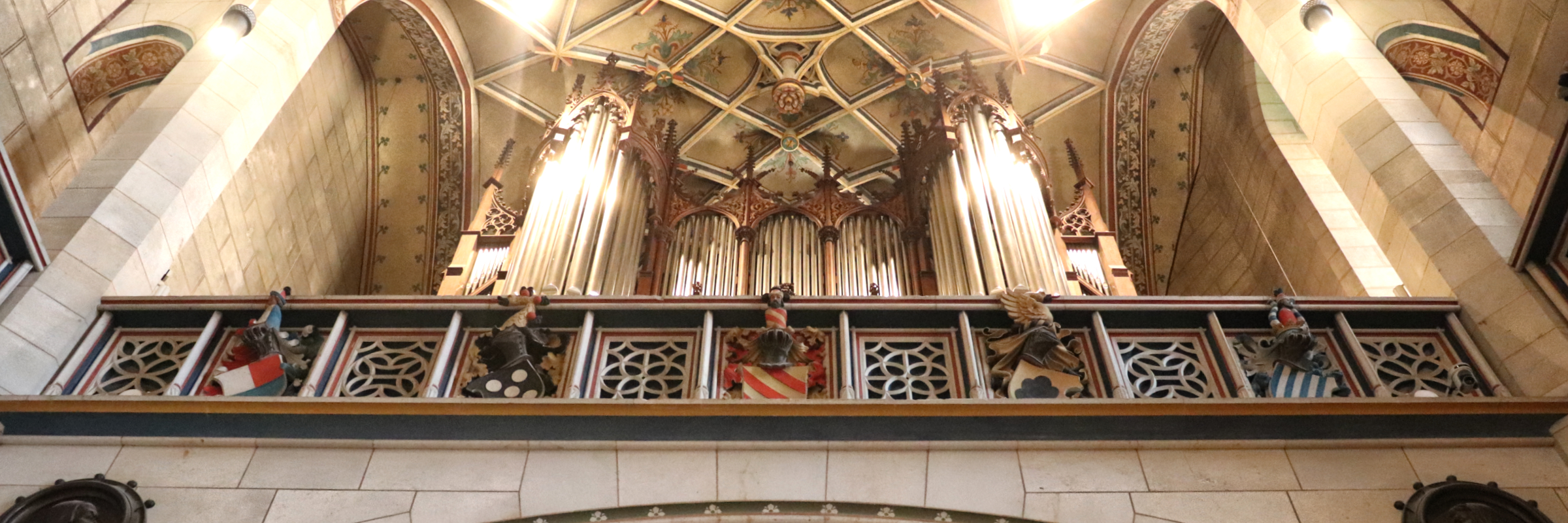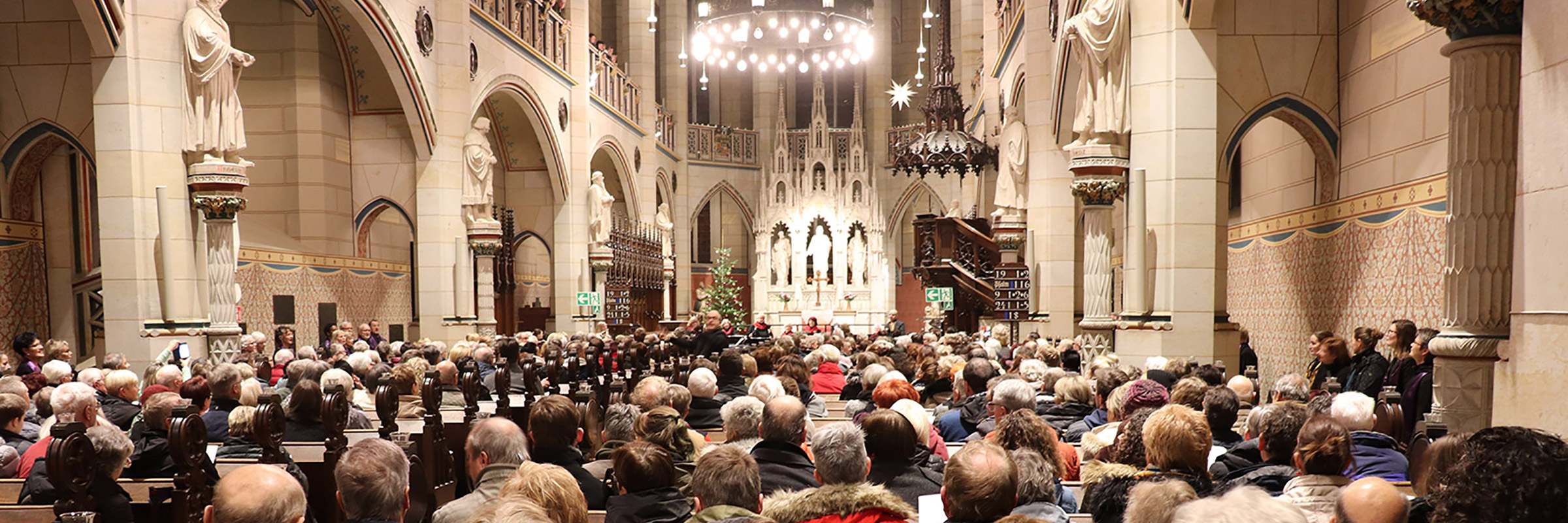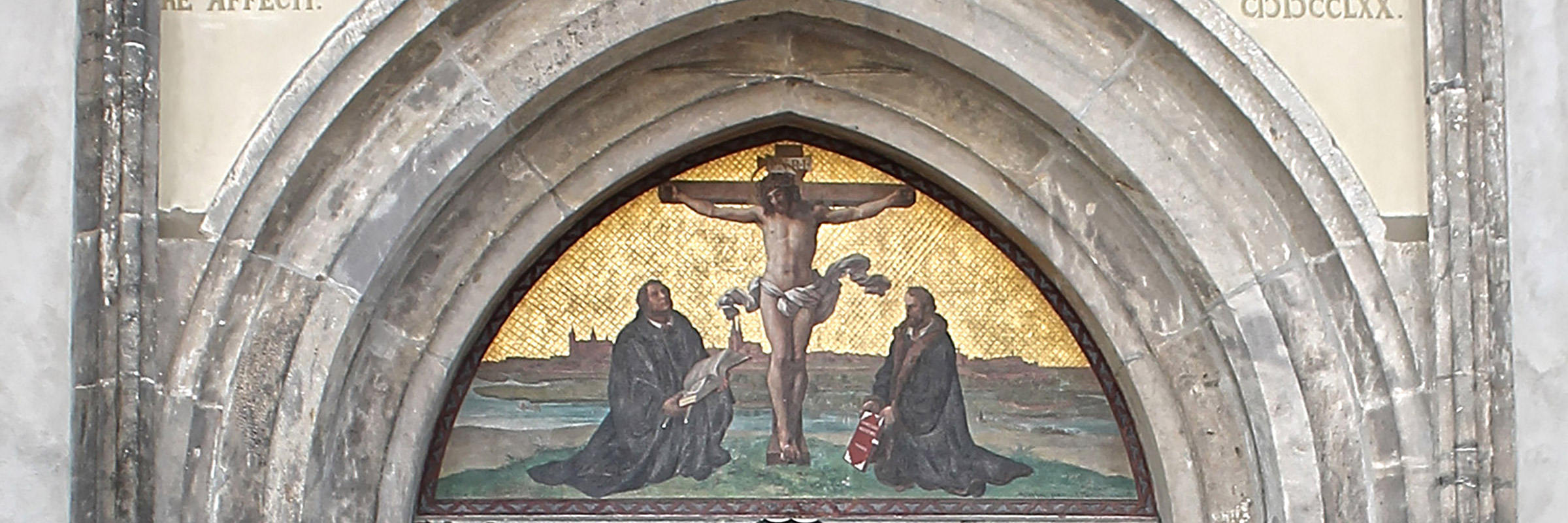Events Calendar
In 2022 and 2023, the Wittenberg Sunday Lectures will be dedicated to the topic of new beginnings. Three lectures are planned in loose succession this year and next. Dr. Volkmar Joestel. He takes the audience back to the time of Wittenberg in 1521/22 - that was a city without Luther. He was at the Wartburg. Through his courageous appearance in front of the Worms Reichstag, he had become a national hero and the year before he had presented a church and social reform program with the publication "To the Christian Nobility". Now people expected action, and in the absence of the charismatic leader, Luther, began to do so himself. In Wittenberg, students and citizens stormed monasteries and attacked priests and monks. The Augustinians, mostly Lutherans, dissolved their monastery. Melanchthon distributed communion to his students in both kinds. A highlight was the first ever evangelical church service on Christmas Day 1521 in the Castle Church. In January, reformed city ordinances followed with a reform of the church service, but also the establishment of a "common box" to support the poor and poor craftsmen and to maintain the hospitals.
What did people hope and expect back then? Why was the controversy over the sacrament of the Lord's Supper so important? Why didn't Luther like that? And what do we think about it today? Dr. Joestel in this Sunday lecture.
Dr. Joestel worked as a historian at the Lutherhaus for over 30 years. Scientifically, he dealt primarily with one of the main actors of the "Wittenberg Movement" of 1521/22, Luther's comrade-in-arms and later opponent Andreas Bodenstein, known as Doctor Karlstadt. Another focus of his work was Luther myths and legends.
The first Sunday lecture will take place on April 10 at 11:30 a.m. in the auditorium of the Evangelical Preacher Seminary on the top floor of the castle. Access is via the visitor center in the Castle Church.
Afterwards we cordially invite you to the presentation of the new book from the last year entitled “Alt. And full of life? a. This is available for the event at a special price, later in the visitor center and on our homepage.
On Ash Wednesday, February 18, 2026, the Protestant Lenten campaign "7 Weeks Without" begins. Until April 6, under the motto "Feeling! Seven Weeks Without Harshness," it invites participants to consciously experience Lent. The focus is on compassionate interaction: perceiving the pain of others, offering support, and discovering new ways of being together. Harshness can manifest itself in many ways in everyday life: in harsh words, in situations that hurt us or leave us speechless. Often, we put on our own armor to protect ourselves—and yet realize how much this distances us from one another. The "7 Weeks Without" Lenten campaign invites us to take a different path in 2026. Further information is available at https://7wochenohne.evangelisch.de/ [Photo: Jodie Griggs / Getty Images]
30 Years of World Heritage
In 1996, the castle church was inscribed on the UNESCO World Heritage List as an almost completely preserved prime example of 19th-century monument preservation. From 2012 to 2016, it was renovated and restored with funding from the State of Saxony-Anhalt, the Federal Republic of Germany, the European Union, and private donors.


